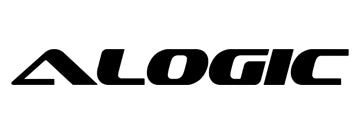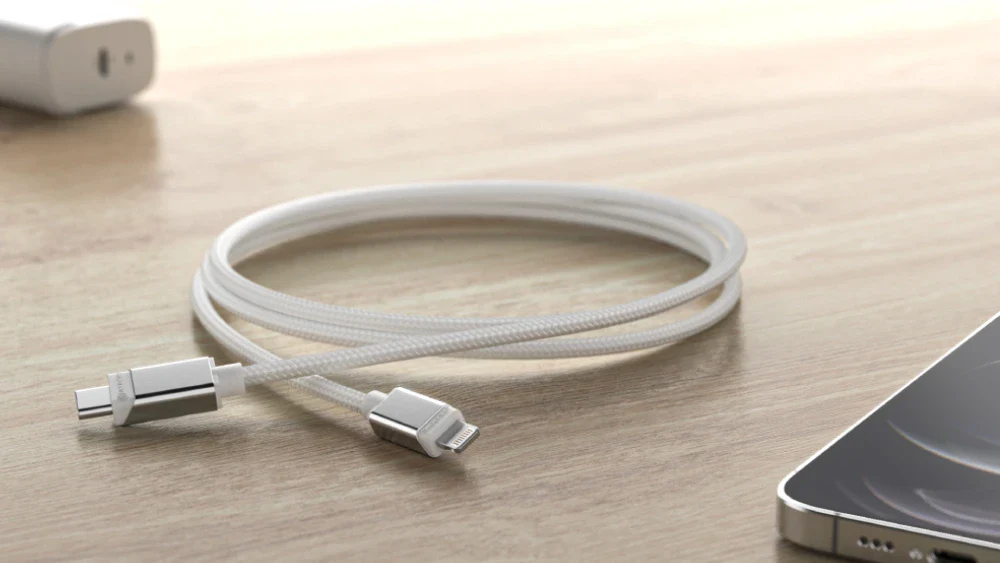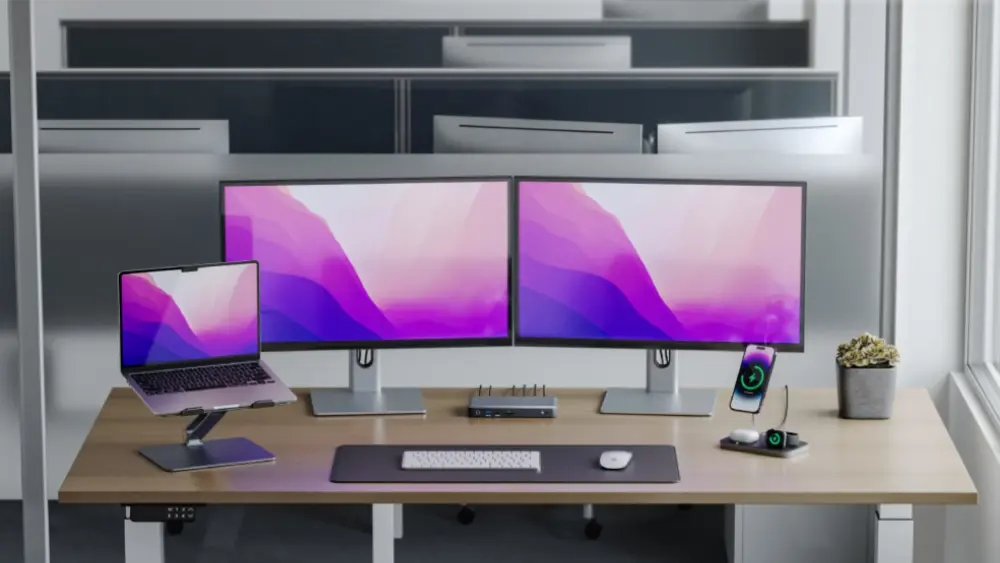In the world of tech accessories, the right cable can make all the difference in your charging and data transfer experience. Among the most popular options today are USB-C to Lightning cables. Whether you're an Apple enthusiast or someone looking to upgrade your charging setup, understanding these cables is crucial. In this guide, we'll explore everything you need to know about usb c to lightning cable, including what makes them the best choice for your devices.
What is a USB-C to Lightning Cable?
A USB-C to Lightning cable is a versatile connector that allows you to charge and sync your Apple devices with ease. The USB-C end plugs into modern devices and chargers, while the Lightning end is compatible with Apple products like iPhones, iPads, and certain accessories. This type of cable has become essential for users who want faster charging times and reliable data transfer speeds.
Why Choose a USB-C to Lightning Cable?
Choosing a USB-C to Lightning cable offers several advantages:

Fast Charging:With the right USB-C charging cable, you can take advantage of fast charging on compatible Apple devices. This means less time tethered to an outlet and more time using your devices.
Data Transfer: Whether you're backing up your iPhone or transferring files, a USB-C to Lightning cable provides faster data transfer speeds compared to traditional USB-A cables.
Compatibility: As Apple continues to integrate USB-C ports into their devices, having a USB-C to Lightning cable ensures that you're ready for the future of charging and connectivity.
The Best USB-C to Lightning Cables
When it comes to finding the best USB-C cable, there are a few key factors to consider:

Build Quality: Look for cables with durable materials that can withstand daily use. Reinforced connectors and braided exteriors are great indicators of a long-lasting cable.
Certification: Apple-certified (MFi) cables guarantee that your cable will work seamlessly with your Apple devices. This certification ensures that the cable meets Apple's standards for performance and safety.
Length: Depending on your needs, cable length can be a crucial factor. Shorter cables are great for portability, while longer cables provide more flexibility in where you can charge and use your devices.
How to Use USB-C to Lightning Cables?
Using a USB-C to Lightning cable is simple:

1. Connect the USB-C End:Plug the USB-C end into a compatible charger, laptop, or another device with a USB-C port.
2. Connect the Lightning End: Plug the Lightning end into your Apple device.
3. Charge or Sync: Your device should begin charging immediately. If connected to a computer, you can also sync data between your device and the computer.
Tips for Choosing the Right USB-C Charging Cable
Consider Your Device: Ensure that the cable you choose is compatible with your specific Apple device. Most modern iPhones and iPads support USB-C to Lightning cables, but it's always good to double-check.
Think about your charging habits: If you often charge your device on the go, consider a shorter, more portable cable. For home or office use, a longer cable might be more convenient.
Check for Fast Charging Compatibility: To take full advantage of fast charging, pair your USB-C to Lightning cable with a compatible fast charger.
Investing in a high-quality USB-C to Lightning cable is a smart move for any Apple device user. Not only do these cables offer faster charging and data transfer speeds, but they also ensure compatibility with the latest technology. When choosing the best USB-C cable, consider factors like build quality, certification, and length to find the perfect fit for your needs.
At Alogic, we offer a range of top-tier USB-C to Lightning cables designed to enhance your charging and syncing experience. Browse our collection today to find the best USB-C charging cable for your devices!

 New Zealand
New Zealand
 USA
USA Canada
Canada Australia
Australia UK
UK Europe
Europe Japan
Japan Singapore
Singapore UAE
UAE India
India




Leave a comment
This site is protected by hCaptcha and the hCaptcha Privacy Policy and Terms of Service apply.